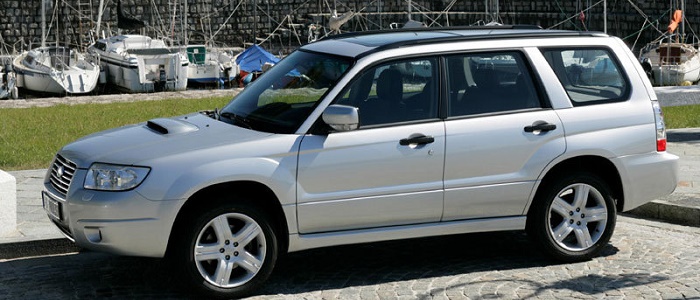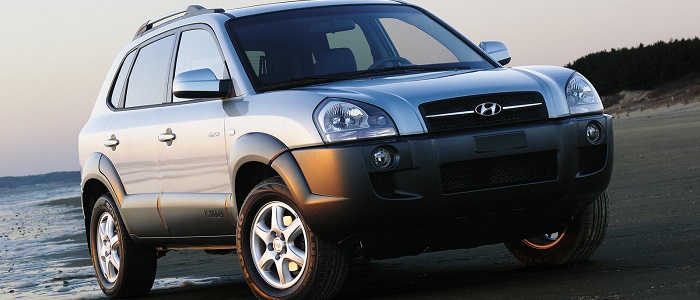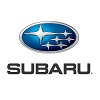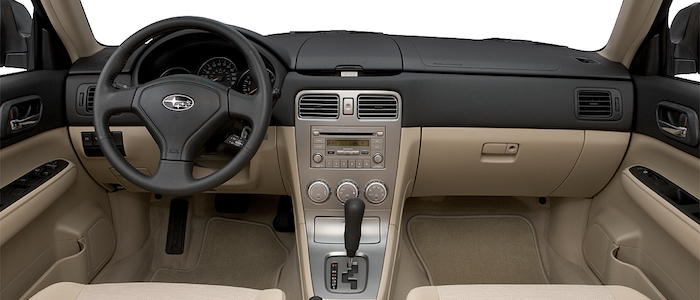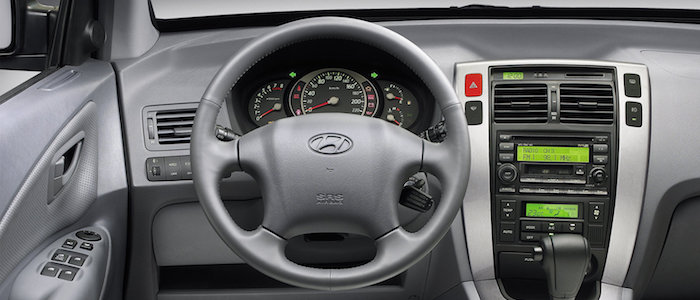Compare two cars
Compare any two cars and get our Virtual Adviser™ opinion
Dimensons & Outlines
Check vehicle history
Engine
Performance (manual gearbox)
Performance (automatic gearbox)
Expenses
Virtual Adviser's™ opinion
Well, these are two pretty similar cars we have here! It's only details that could potentially make the difference. Considering they both belong to the suv segment and utilize the same 5-door suv body style and the 4 x 4 wheel drive system, it all comes up to the specific petrol engine choice they offer. The first one has a Subaru-engineered powertrain under the hood, a 4-cylinder, 16-valves 230hp unit, while the other one gets its power and torque from a 6-cylinder, 24-valves 175hp engine designed by Hyundai.
SafetyThe fact that the Hyundai got tested by the European New Car Assessment Programme (Euro NCAP), while the other contender didn't, offers a slight advantage, as the 4-star rating is better than none. That aside, let's consider some other aspects which affect safety. Both vehicles belong to the suv segment, which is generally a very good thing safety-wise, still it doesn't help us solve our dilemma, does it? On the other hand, taking kerb weight as an important factor into account, the Korean car offers a marginal difference of 7% more metal.
ReliabilityReliability is not the best thing to consider on the make level, but it is worth mentioning that Hyundai does have a slight advantage, at least on all of the models level. These are the results of an independent reasearch, while our visitors describe reliability of Subaru with an average rating of 4.2, and models under the Hyundai badge with 4.5 out of 5. Some independent research have also placed Forester as average reliability-wise, and Tucson is more or less at the same level.Above it all, drivers of cars with the same engine as the Japanese car rank it on average as 4.0, while the one under the competitor's bonnet gets 5.0 out of 5.
Performance & Fuel economySubaru is way more agile, reaching 100km/h in 4.5 seconds less than its competitor. In addition to that it accelerates all the way to 216 kilometers per hour, 36km/h more than the other car. When it comes to fuel economy the winner has to be the Korean car, averaging around 10 liters of fuel per 100 kilometers (28 mpg), in combined cycle. We can't ignore that 7% difference compared to the Japanese car.
Verdict
Hyundai appears just a bit more reliable, although the difference is truly marginal. The most important thing when deciding between any two vehicles should always be safety, both passive and active. In my opinion, everything taken into account, the Korean car beats the other contender by far, making it the best choice without even considering other things. From there things take a different direction, with Subaru outracing its opponent in any situation possible, making it better choice for boy racers. It does come at a cost though, and that's the fuel consumption... It's not difficult to say then that if I'd need to make a choice, it would definitely be the Hyundai. Nevertheless, let's not forget that people have different preferences and needs, so what really counts is your personal feel. I'm only here to help. Also, you could use the oportunity to find out which car, everything taken into account, would be the perfect choice for you in the eyes of the virtual adviser™, among more than 12.000 different ones in our database.























